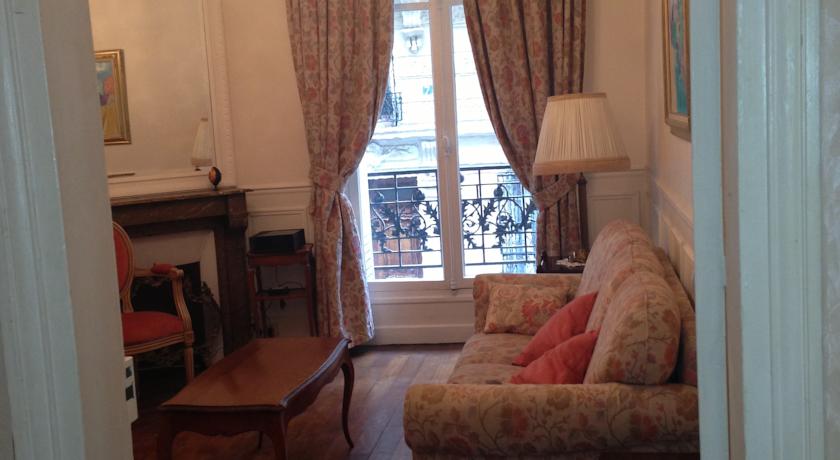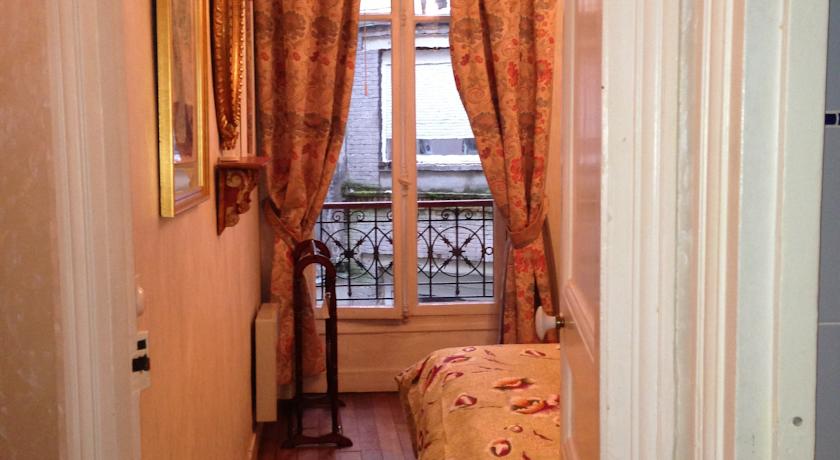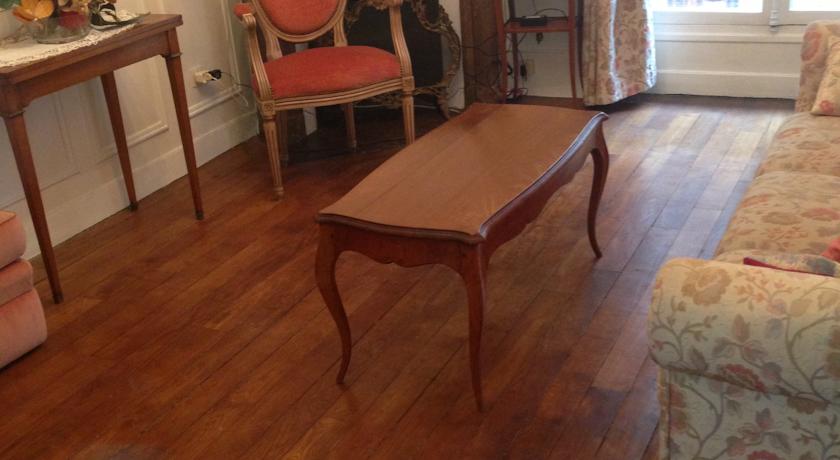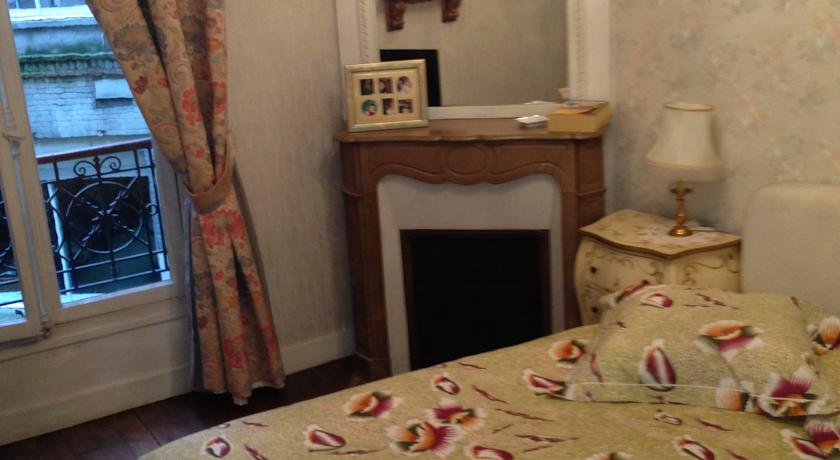Esther Nisenthal Krinitz — (1927 ndash;2001) was a Polish artist. The Final Solution In September 1939, as a 12 year old, Esther watched German soldiers arrive in her village of Mniszek, strategically located along the east bank of the Vistula River. For the next 3 years,… … Wikipedia
Esther Waters — is a novel by George Moore first published in 1894.IntroductionSet in England from the early 1870s onward, the novel is about a young, pious woman from a poor working class family who, while working as a kitchen maid, is seduced by another… … Wikipedia
Mabel Esther Allan — (11 February, 1915 14 May, 1998) was a British author of about 130 children s books.Mabel Esther Allan was born at Wallasey on the Wirral Peninsula. She decided to be an author at the age of eight; her father bought her a writing desk and taught… … Wikipedia
Come Dine with Me — Genre Cooking Format Game show Narrated … Wikipedia
To go hard with — Go Go, v. i. [imp. {Went} (w[e^]nt); p. p. {Gone} (g[o^]n; 115); p. pr. & vb. n. {Going}. Went comes from the AS, wendan. See {Wend}, v. i.] [OE. gan, gon, AS. g[=a]n, akin to D. gaan, G. gehn, gehen, OHG. g[=e]n, g[=a]n, SW. g[*a], Dan. gaae; cf … The Collaborative International Dictionary of English
To go hard with — Go Go, v. i. [imp. {Went} (w[e^]nt); p. p. {Gone} (g[o^]n; 115); p. pr. & vb. n. {Going}. Went comes from the AS, wendan. See {Wend}, v. i.] [OE. gan, gon, AS. g[=a]n, akin to D. gaan, G. gehn, gehen, OHG. g[=e]n, g[=a]n, SW. g[*a], Dan. gaae; cf … The Collaborative International Dictionary of English
To go ill with — Go Go, v. i. [imp. {Went} (w[e^]nt); p. p. {Gone} (g[o^]n; 115); p. pr. & vb. n. {Going}. Went comes from the AS, wendan. See {Wend}, v. i.] [OE. gan, gon, AS. g[=a]n, akin to D. gaan, G. gehn, gehen, OHG. g[=e]n, g[=a]n, SW. g[*a], Dan. gaae; cf … The Collaborative International Dictionary of English
To go through with — Go Go, v. i. [imp. {Went} (w[e^]nt); p. p. {Gone} (g[o^]n; 115); p. pr. & vb. n. {Going}. Went comes from the AS, wendan. See {Wend}, v. i.] [OE. gan, gon, AS. g[=a]n, akin to D. gaan, G. gehn, gehen, OHG. g[=e]n, g[=a]n, SW. g[*a], Dan. gaae; cf … The Collaborative International Dictionary of English
To go well with — Go Go, v. i. [imp. {Went} (w[e^]nt); p. p. {Gone} (g[o^]n; 115); p. pr. & vb. n. {Going}. Went comes from the AS, wendan. See {Wend}, v. i.] [OE. gan, gon, AS. g[=a]n, akin to D. gaan, G. gehn, gehen, OHG. g[=e]n, g[=a]n, SW. g[*a], Dan. gaae; cf … The Collaborative International Dictionary of English
To go with — Go Go, v. i. [imp. {Went} (w[e^]nt); p. p. {Gone} (g[o^]n; 115); p. pr. & vb. n. {Going}. Went comes from the AS, wendan. See {Wend}, v. i.] [OE. gan, gon, AS. g[=a]n, akin to D. gaan, G. gehn, gehen, OHG. g[=e]n, g[=a]n, SW. g[*a], Dan. gaae; cf … The Collaborative International Dictionary of English





